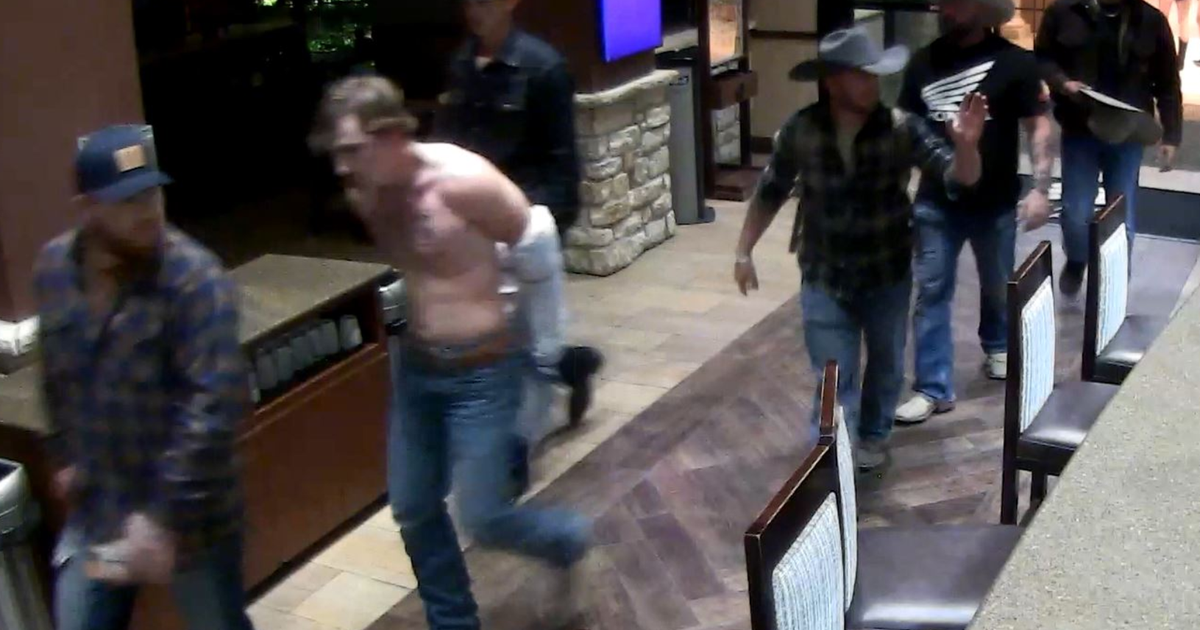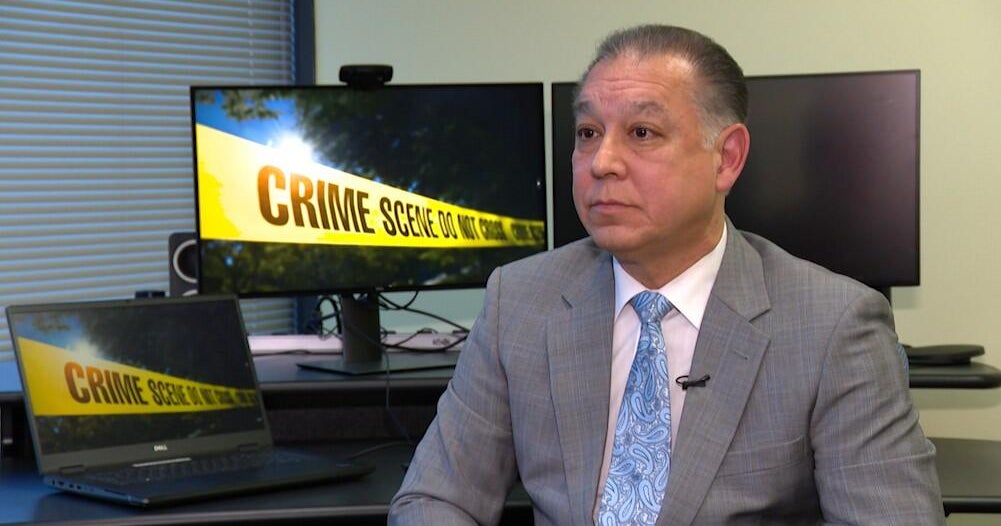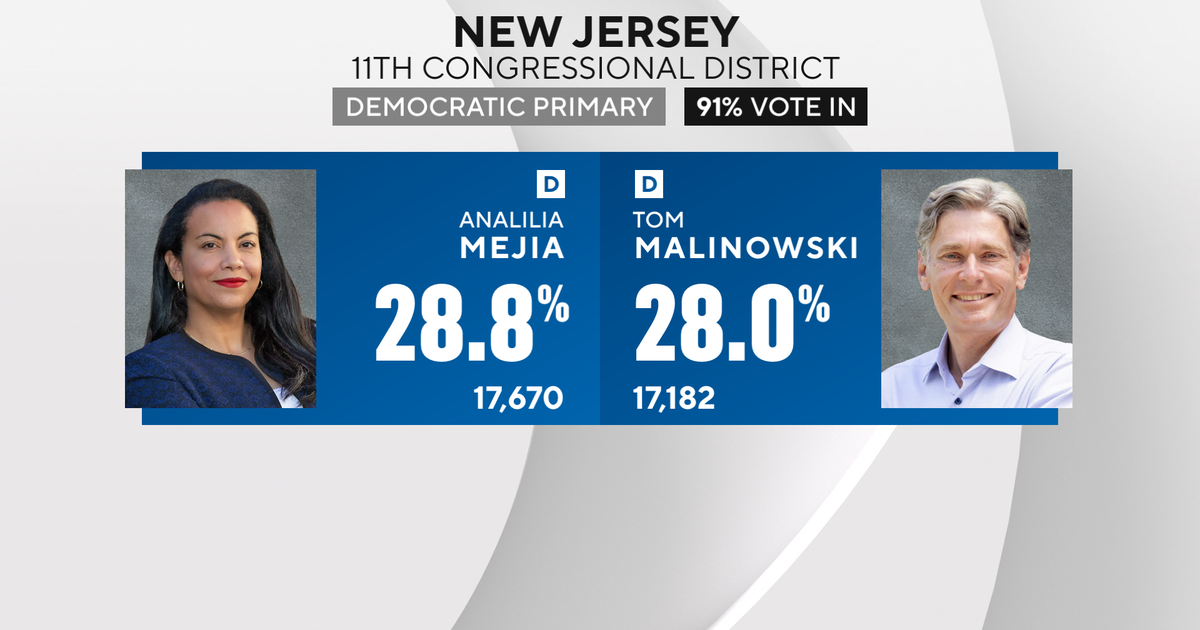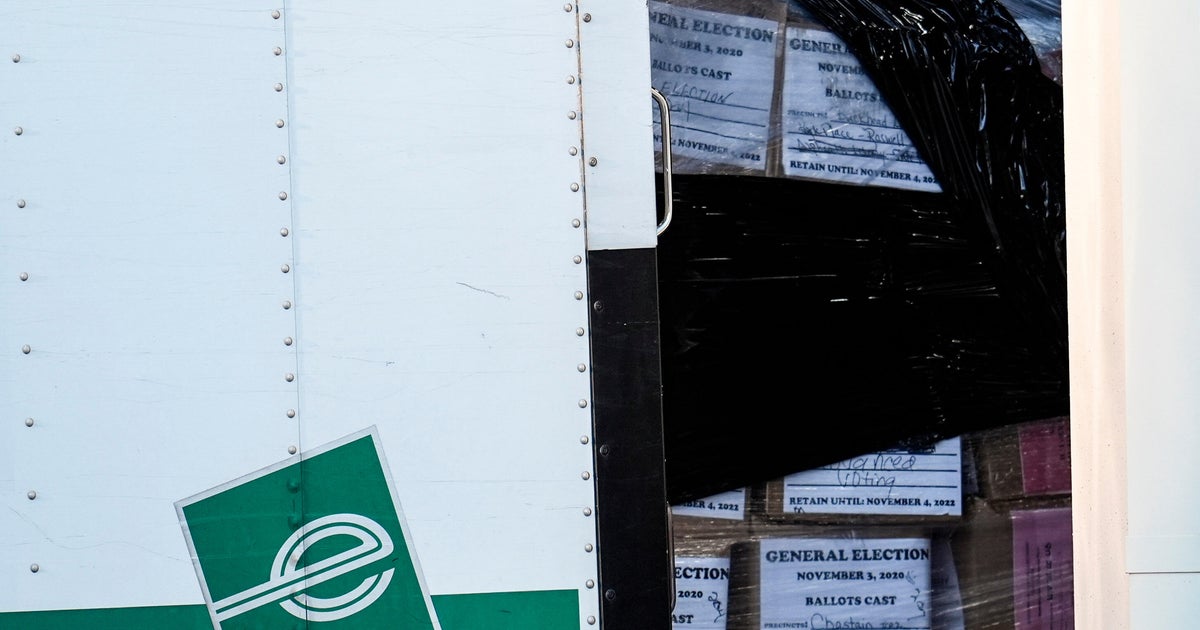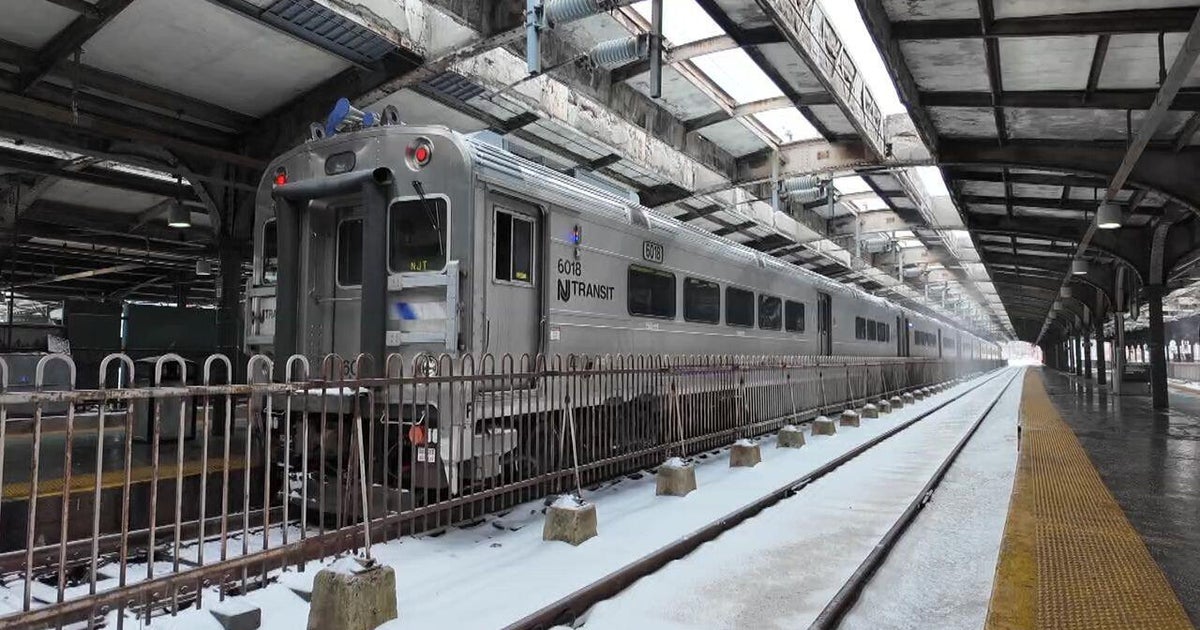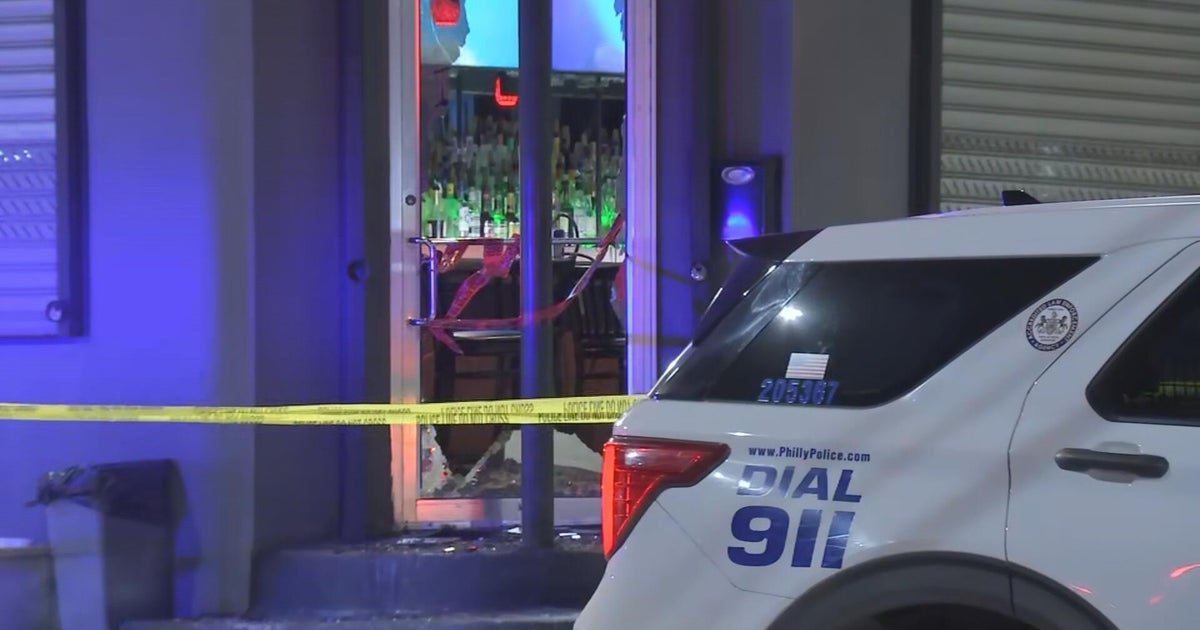How Texas early voting works for the 2024 election
NORTH TEXAS – In Texas, early voting offers a convenient way for residents to cast ballots ahead of 2024 Election Day on Nov. 5. Here's are some key things to know about how and when to vote early in North Texas counties and throughout Texas.
When does early voting start and end?
Early voting in Texas runs from Monday, Oct. 21, until Friday, Nov. 1. Any registered voter can vote at any early voting location in their county of registration during the 11-day period.
Early voting hours vary.
- For Tarrant County, early voting hours can be found here.
- For Collin County, early voting hours can be found here.
- For Denton County, early voting hours can be found here.
- Information about the election in Dallas County can be found here.
- Starting Oct. 30, early voting centers in Dallas County will be extended by two hours. The extended hours are in effect for the last three days of early voting.
Texas is among a majority of states that allow early voting or voting by mail. The deadline to apply for a mail-in ballot in Texas is Oct. 25. Mail-in ballots must be returned or postmarked by Nov. 5, unless returned by an overseas voter.
How do you find early voting locations in your Texas county?
You can visit My Voter Portal (texas.gov) on the Texas Secretary of State's website to learn of early voting locations in your county. The site allows you to enter your name, county, date of birth and ZIP code to look up your registration information and find your nearest polling location.
CBS News Texas has also compiled early voting locations in the Dallas-Fort Worth area in the map below:
Does Texas release early voting results before Election Day?
No. Early voting results aren't released until polls close on Election Day. Results remain confidential, despite voters being allowed to cast ballots early, until all voting is completed.
Meanwhile, some have questioned how private ballots are in Texas.
What's on the Texas ballot for the 2024 election?
The battle for U.S. president between Vice President Kamala Harris and former President Donald Trump and the hotly-contested U.S. Senate race between incumbent Ted Cruz and challenger Colin Allred are highlights on the Texas ballot.
Meanwhile, three North Texas congressional seats will have new representation after the Nov. 5 election.
Longtime U.S. Reps. Kay Granger (R-Fort Worth) and Michael Burgess (R-Lewisville) aren't seeking re-election.
Republican state Rep. Craig Goldman is battling Democrat Trey Hunt in Granger's 12th Congressional District.
Brandon Gill, who easily won the March Republican primary, is facing Ernest Lineberger III, a Navy veteran who ran unopposed in the Democratic primary, for Burgess' 26th Congressional District seat.
Allred's 32nd Congressional District spot is also open. Democrat Julie Johnson is squaring off against Republican Darrell Day.
In Dallas, voters will decide on 18 proposed amendments to the city charter, which require voter approval. The charter outlines the structure of the municipal government.
Three of the amendments were added after Dallas HERO, a bipartisan group, collected more than 169,000 signatures. Council members added three other amendments aimed at nullifying the HERO-supported additions, but the state Supreme Court sided with the group, stating the City Council amendments would "confuse and mislead voters" if included on the ballot.
Other elections include seats in the Texas House and Senate and on the Railroad Commission, Texas Supreme Court, Court of Criminal Appeals and State Board of Education. Various district judges, district attorneys, sheriffs, County Courts at Law, county attorneys, tax assessor-collectors, county commissioners, justices of the peace and constables are running.
